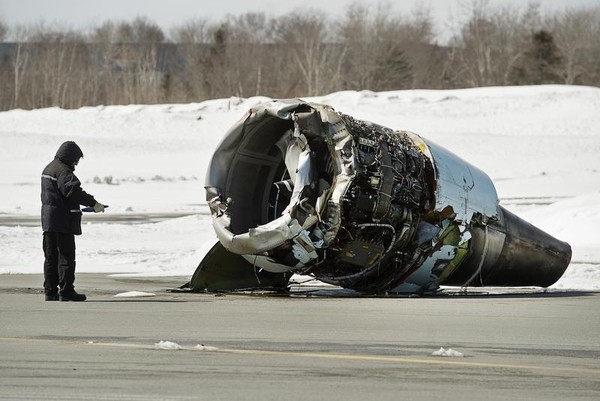But transportation of flammable liquids by rail among items removed from 2018 Watchlist

The Transportation Safety Board of Canada (TSB) has released its Watchlist 2018, identifying seven key issues within the air, marine and rail sectors. The Watchlist is compiled based on data, TSB recommendations and investigations.
A major safety hazard, crossing all three transportation modes, is employee fatigue. The around-the-clock nature of the transportation industry has lead to fatigue being a a risk or contributing factor in more than 90 TSB investigations since 1992.
"At the TSB we recognize that fatigue can affect performance. We see it in one investigation after the other, across all modes of transportation," said TSB chair Kathy Fox. "Transport Canada, operators, unions and employees all share the responsibility for preventing and managing fatigue at work. This also calls for a profound change in attitudes and behaviours, both at the management and operational levels."
In the Watchlist, TSB says fatigue management requires the following:
•adequate duty-time regulations based on fatigue science
•fatigue management plans that are tailored to company operations
•awareness training for employees and managers to help them prevent fatigue and know how to mitigate the symptoms.
Three items were removed from the Watchlist this year: the transportation of flammable liquids by rail, the need for on-board voice and video recorders in main-track locomotives, and the issue of unstable approaches that are continued to a landing at Canadian airports.
"That's the good news," said Fox. "What's more troubling is the ongoing status of some persisting issues that have been on the Watchlist for some time."
Again this year, the Watchlist highlighted the following issues:
•The “disturbing” safety record of the fishing industry, which has caused an all-time high of 17 fatalities so far in 2018.
•The lack of additional physical defences to ensure that railway signals are consistently followed.
•Runway overruns and the risk of collisions from runway incursions at Canadian airports.
The TSB noted that gaps in safety management and oversight for federally-regulated transportation companies are contributing to the problems.
“In addition, the slow pace of the regulatory process to implement TSB recommendations only serves to perpetuate safety risks, putting Canada behind some international standards,” the agency said in a news release, adding more than 60 recommendations are outstanding after a decade — a third of which are more than 20 years old.
"Advancing safety is all about change," Fox said. "And change is all about looking at how things have always been done and finding ways to do them better.”





